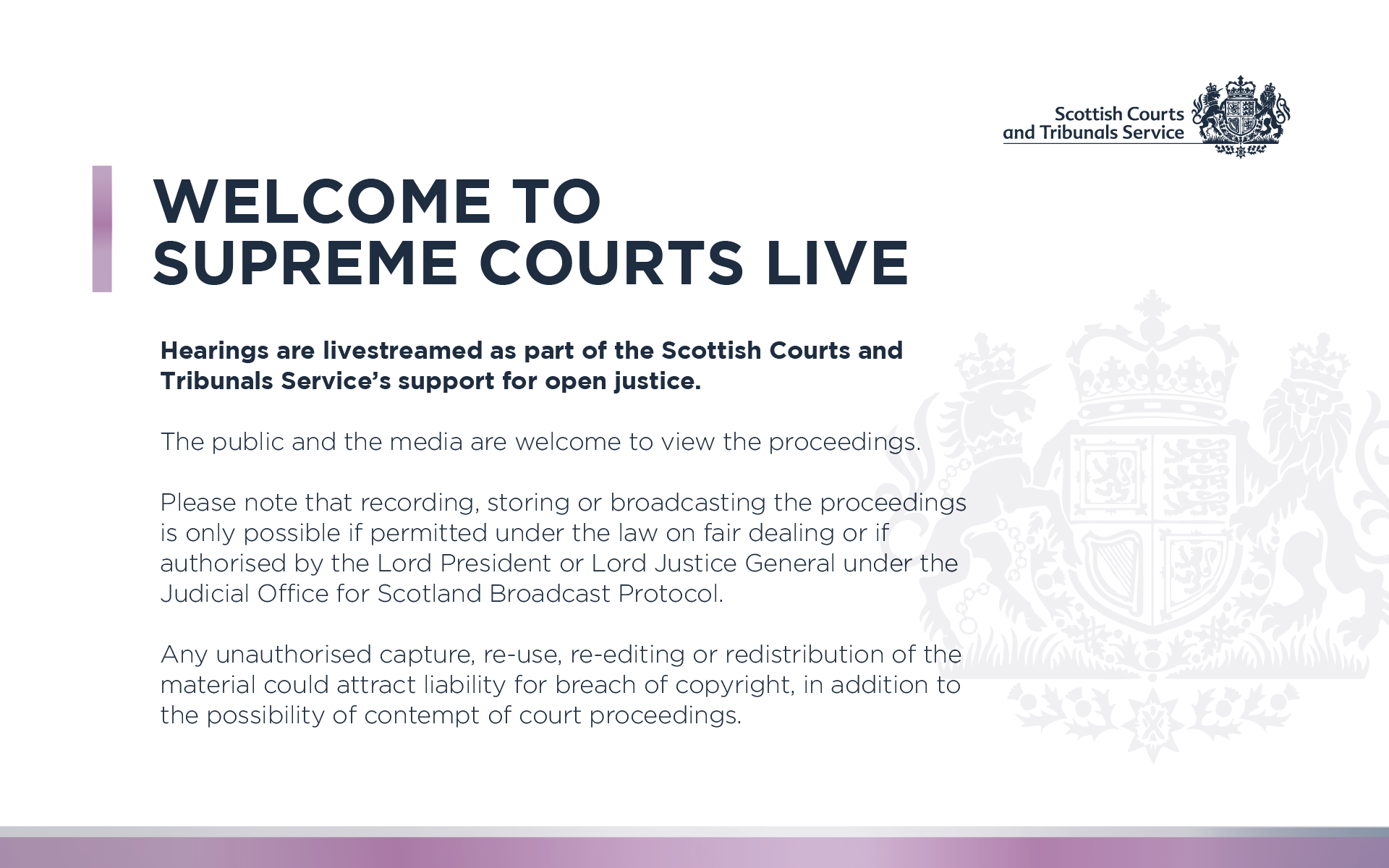Case description
This is an appeal from a decision of the Lord Ordinary to award the pursuer damages of £9,383,700 plus interest.
In 2005, Centenary Holdings 3 Limited went into liquidation. Centenary 6 Limited was the sole shareholder in C3. C3 was the tenant of The Ark building in Hammersmith, London.
During the liquidation, the joint liquidators of C3 received a claim for £38,286,271 from the landlord of The Ark, Deka Immobilien Investment GmBH. Deka’s claim comprised rent arrears, loss of future rent and other charges. The liquidators agreed to compromise Deka’s claim at £28,000,000. In return, Deka agreed to allow C3 to terminate its lease of The Ark. The agreement did not contain an anti-embarrassment clause whereby Deka’s settlement could be clawed back in the event that they managed to mitigate their losses by selling The Ark.
The pursuer, as shareholder in C3, lodged a note in the liquidation under section 212(3) of the Insolvency Act 1986. The pursuer sought an order compelling the liquidators to contribute the sum of £22,324,980.56 plus interest to the assets of C3. The pursuer contended that the contribution ought to be made on the basis that the liquidators, in entering into the agreement with Deka for the amount of £28,000,000 and in failing to include an anti-embarrassment clause in the agreement, had failed to exercise the skill and care reasonably expected of ordinary competent liquidators. The pursuer alleged that Deka’s claim was only worth £4,500,000 and that Deka had secured a windfall upon their sale of The Ark for £47,000,000 in March 2006.
The defenders acted as the pursuer’s solicitors in the section 212 proceedings. During the proceedings, the court ordered the pursuer to lodge caution. The defenders failed to lodge caution despite multiple extensions to the deadline for doing so. As a result, the section 212 note was refused on 5 May 2017. That refusal was upheld on appeal to the Inner House.
In this appeal, the pursuer seeks damages for losses arising from the defenders’ failure to lodge caution on their behalf. The defenders admit that the failure amounted to a breach of contract and professional negligence on their part. However, they contend that the failure did not cause the pursuer any loss because even if they had lodged caution, the pursuer only had a nil or negligible chance of success in the section 212 proceedings. They argue that: the section 212 proceedings were time-barred; the pursuer would have been unable to fund the proceedings; there was no evidence that a better settlement could have been achieved with Deka; and even if a better settlement had been achieved, there would still have been no surplus available to the pursuer from C3’s assets.
The Lord Ordinary rejected each of the defenders’ arguments. He held that the pursuer had a 65% chance of success in the section 212 proceedings and awarded the pursuer damages for loss of that chance.
The defenders appeal this decision. The pursuer cross-appeals against the level of damages awarded; it maintains that the Lord Ordinary’s method of calculating damages contained errors and that the sum which ought to have been awarded is £24,118,289.86.
The First Division will hear the appeal on Tuesday 27 – Thursday 29 February 2024.

